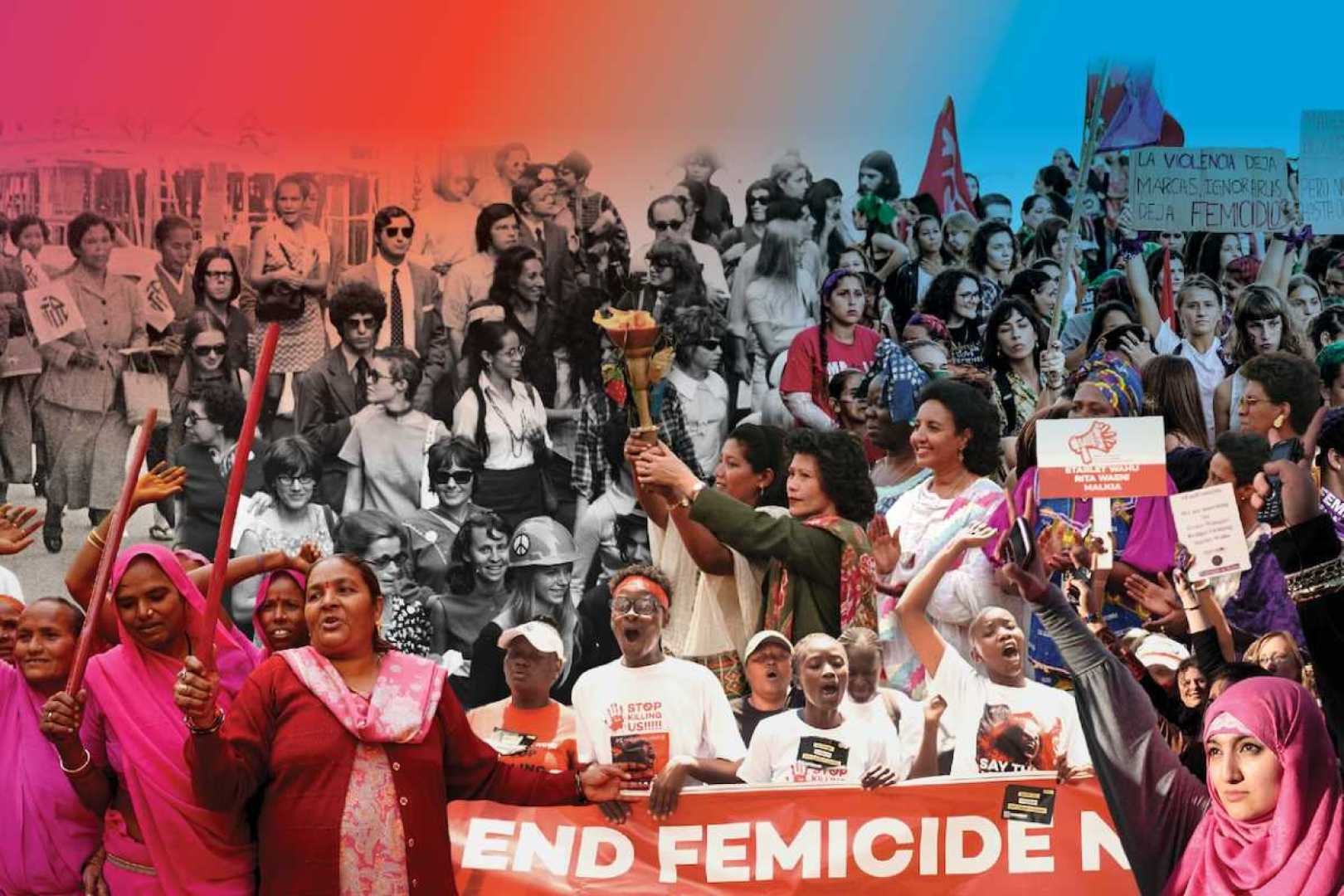World
Global Backlash Threatens Women’s Rights Ahead of International Women’s Day

NAIROBI, Kenya — A new report from UN Women highlights alarming trends regarding women’s and girls’ rights worldwide, indicating a strong backlash ahead of the 50th International Women’s Day on March 8, 2025. The report reveals that nearly a quarter of governments reported increased threats to women’s rights in 2024, citing heightened discrimination, diminished legal protections, and reduction in funding for critical support structures.
Despite notable advancements over the past decades, including increases in women’s parliamentary representation and improvements in girls’ education, a global climate of hostility persists. According to the report, only 87 countries have ever been led by a woman and a woman or girl is killed every 10 minutes by a partner or family member. UN Secretary-General António Guterres emphasized the urgency of addressing these issues, stating, “When women and girls can rise, we all thrive. Yet, globally, women’s human rights are under attack.”
The past decade has seen a disturbing 50% rise in the number of women and girls affected by conflict. They often face daily harassment and violence, leading to calls for action from global leaders ahead of the 30th anniversary of the Beijing Declaration and Platform for Action in 2025. The “Women’s Rights in Review 30 Years After Beijing” report underscores the progress made since 1995, including a 33% drop in maternal mortality and the doubling of women’s representation in parliaments worldwide.
“Complex challenges stand in the way of gender equality and women’s empowerment, but we remain steadfast,” stated UN Women Executive Director Sima Bahous. “Women and girls are demanding change—and they deserve nothing less.” The report outlines a roadmap for advancing women’s rights, emphasizing six critical areas: ensuring digital access, freedom from poverty, ending violence, achieving equal decision-making power, enhancing peace and security initiatives, and prioritizing climate justice.
Moreover, the findings indicate an increase in technology-facilitated violence disproportionately impacting young women. In conflict zones like Ukraine, where the war has deepened gender inequalities, hundreds of thousands of women are in urgent need of support services for gender-based violence. Belen Sanz Luque, UN Women Regional Director, noted the heightened risks faced by women amidst existing struggles, despite increased leadership roles among women in Ukraine.
The urgency of addressing these inequities is compounded by recent crises including the COVID-19 pandemic, climate change, and economic instability, which collectively threaten the hard-won progress of the past decades. “At the current pace, gender equality remains a distant dream,” said Luque. “We cannot accept this future.” The report calls on stakeholders to implement the Beijing+30 Action Agenda in order to transform rhetoric into reality.
As the world prepares for events commemorating International Women’s Day, leaders and advocates stress the importance of unity and collective action to push back against rising misogyny and discrimination. “This International Women’s Day, we call on everyone to stand up for rights, empowerment, and equality for all women and girls,” urged Bauer. The report’s findings and recommendations are set to be discussed in upcoming summits including the UN Commission on the Status of Women, marking critical moments for reaffirming global commitments to gender equality.












